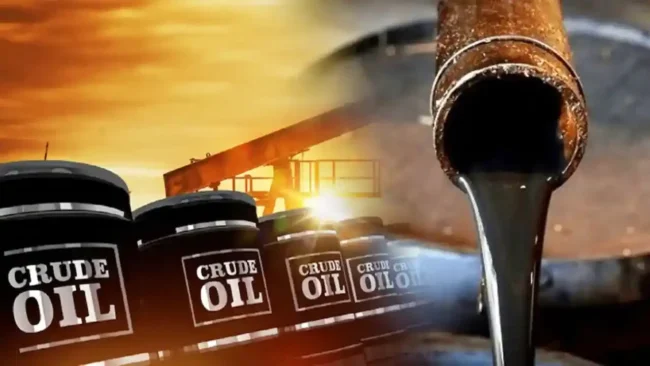Goldman Sachs Predicts Brent Crude Oil Price May Reach $107 by 2024
The price of Brent crude oil is expected to potentially reach $107 per barrel by 2024, according to Goldman Sachs Commodities Research. Initially, the bank’s forecast for Brent in December was $86, with an end-of-2024 projection of $93.
Goldman Sachs envisions this scenario under the assumption that OPEC+ continues its production cuts throughout 2023.
And Saudi Arabia gradually increases its oil output. In this scenario, the bank suggests that Brent crude could climb to $107 per barrel by December of the following year.
While some experts speculate that oil prices could briefly touch $100 per barrel, they emphasize that such increases would likely result from the manipulation of supply and demand dynamics, rather than a genuine surge in demand.
One key factor contributing to the uncertainty in the global oil market is the United States’ dwindling oil reserves. Which are currently at their lowest levels in four decades.
This limitation reduces the US administration’s ability to stabilize oil prices by selling its reserves. Additionally, ongoing geopolitical tensions in oil-producing countries like Venezuela and Iran further complicate the outlook for global crude oil dynamics.
To prevent oil prices from soaring to $100 per barrel or beyond. Some suggest that advanced economies may need to induce a recession intentionally.
However, the outcome largely depends on various factors, including China’s implementation of a robust stimulus package and the economic conditions in the United States.
Currently, Brent crude oil is trading around $90 per barrel, driven by the production cuts by Saudi Arabia and Russia. Coupled with concerns about China’s economic outlook and the possibility of a US recession. Nevertheless, Goldman Sachs has recently lowered its estimated likelihood of a US recession in the next 12 months to 15%.
In summary, while the prospect of rising oil prices exists, the complex interplay of factors such as production cuts. Geopolitical tensions, and global economic conditions will ultimately shape the future of the oil market.
